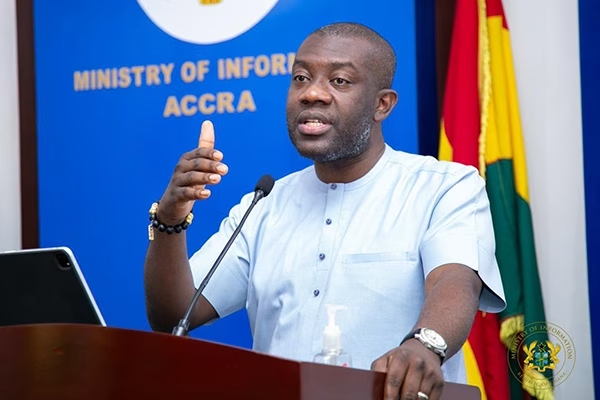Government Announces Ambitious Housing Project for Public Servants

- 609 New Homes for Public Servants
- Tackling National Housing Defici
- Public-Private Partnerships for Housing
- Innovative Financing for Affordable Housing
The Ghanaian government has announced plans to construct 609 new homes specifically designed for public servants, marking a significant development in addressing the country’s housing deficit. Minister for Works and Housing, Kojo Oppong Nkrumah, revealed this initiative during a press briefing in Accra on September 30, 2024. This project underscores the government’s commitment to providing secure and suitable living environments for public sector employees.
Ghana’s housing deficit currently stands at 1.8 million units, and this project is part of broader efforts to tackle this issue. Decent housing is essential for public servants, as it enhances their dignity and enables them to perform their duties effectively. The construction of these homes falls under the District Housing Programme, targeting public sector employees, including teachers, nurses, police officers, and other essential workers, particularly those in rural and underserved areas.
The new homes will be built in various districts across the country, ensuring accessibility for those in rural areas. This initiative demonstrates the government’s dedication to providing quality housing that fosters a conducive environment for work and family life. Public servants deserve secure, suitable, and affordable housing, and this project aims to deliver just that.
In addition to the new homes, Minister Oppong Nkrumah provided updates on stalled housing projects nationwide. The Koforidua Affordable Housing Project, previously halted, will resume construction under the State Housing Company Limited. The Saglemi Housing Project, initially designed to deliver 5,000 units, is undergoing negotiations to transfer to a private developer.
This collaborative approach will enable the completion and sale of units without further government investment. The Minister highlighted the partnership with the Ghana Infrastructure Investment Fund (GIIF) to secure sustainable financing for housing projects. The GIIF will play a crucial role in developing innovative financing models to address the housing deficit.
Ghana’s construction sector contributes significantly to the economy, with a market size estimated between $9 trillion and $13 trillion. Despite this growth, the country faces a substantial housing deficit. The government has launched the Revised National Affordable Housing Program, “My Home, My Peace,” aiming to reduce the cost of developing housing units by up to 40%.
The program has set a price ceiling for developers, ensuring affordability for the average Ghanaian. Five companies, including three local and two international firms, have been selected to construct 14,000 units in two phases.
The government recognizes that addressing the housing deficit requires collaboration with the private sector and other stakeholders. Local financial institutions have embraced solutions like pension-backed mortgages.
The government’s commitment to providing affordable housing for public servants and addressing the national housing deficit is a step in the right direction. With collaborative efforts and innovative financing models, Ghana can make significant progress in providing secure and suitable living environments for its citizens.






